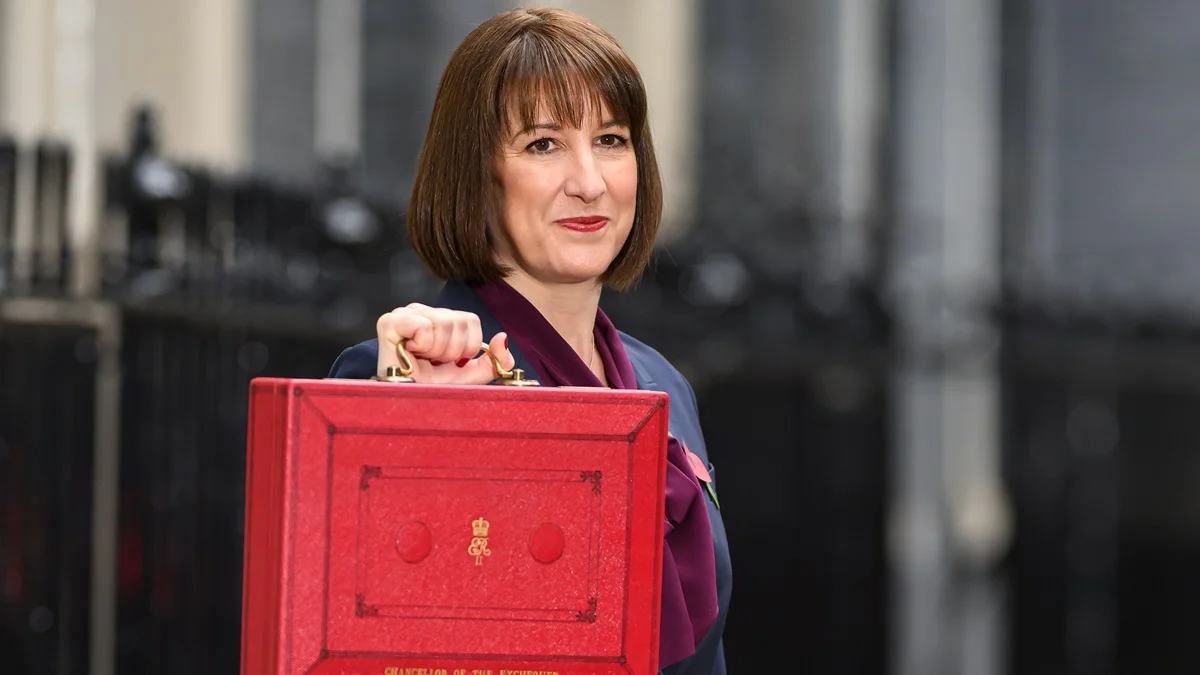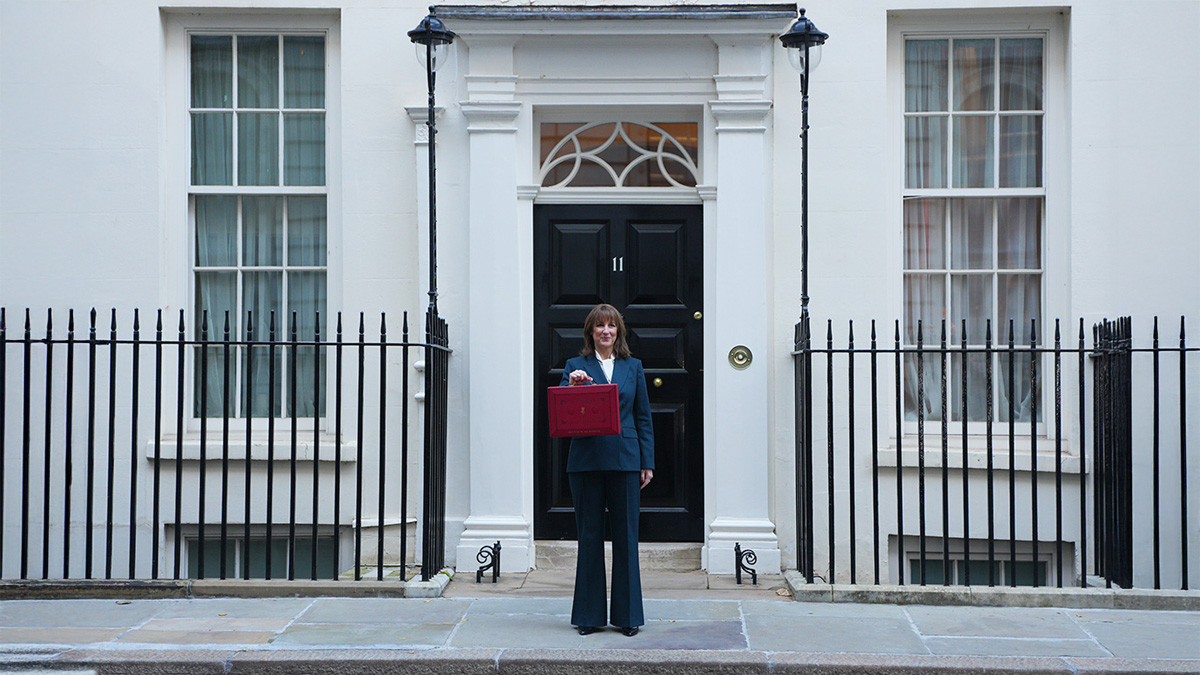
There has been strong reaction to the Budget from a number of quarters. First, family businesses and farmers are not happy with the reduction in business property relief and agricultural property relief. Second, hospitality operators and high-street retailers are counting the cost of a national insurance rise. And third, founders who, while the increase to capital gains tax was not as high as some feared, will not welcome the increase when they have strived for years and see an exit as their ultimate reward.
For the smallest of firms, there was a bright spot in that the chancellor Rachel Reeves announced an increase in the employment allowance from £5,000 to £10,500. That move is expected to save 865,000 small businesses from having to pay national insurance.
For those paying business rates, the government committed to introduce “permanently lower” rates for retail, hospitality and leisure properties in England from 2026. But this was not such good news for all, as Reeves stated this would be paid for by levying higher rates on “online giants”. Ultimately, this flows to smaller firms because when costs rise for online platforms, this gets passed to the merchants who rely on such platforms for sales. Taxing “big business” does not necessarily improve things for small businesses.
The reaction to the Budget from my own organisation, Enterprise Nation (which supports more than 800,000 small businesses each year), was that if businesses are now trading in a higher-tax environment, they need help and support to rethink their strategy and keep trading.
On this, there was a positive announcement that did not get much airtime: an extension to the shared prosperity fund that powers business support programmes. It was due to end in April 2025, but a further £900m has been promised as a transitional arrangement to “allow local authorities to invest in local growth, in advance of wider funding reforms”.
The popular and proven course, Help to Grow: Management, will be extended, while the network of growth hubs and the SME digital adoption task force (of which I am a member) is being continued with an upcoming £4m pilot package to encourage tech adoption for SMEs.
The government confirmed its commitment to publishing a small business strategy command paper in 2025, setting out “the government’s vision for support for small businesses”. That will cover areas including access to finance, creating thriving high streets and international trade.
In post-Budget engagement with the government, our main position has been to make the case for celebrating and championing enterprise in the UK. This has included highlighting the positive points from the Budget in the form of continued support.
But it has called for this transition period to be used wisely. First, to design and build a data-led and modern business support system that offers a digital solution to all small firms. And second, to identify eligible businesses to be onboarded into public- and private-funded accelerator and growth programmes.
With an increased tax and admin burden, small business owners will have less time to think about the support options available to them. And yet support is vital to enable firms to win contracts, access finance, hire the right talent and make the most of new technologies.
Imagine a world where founders are simply served with the right support for their business at the right time. This will boost productivity and sales and counter the impact of higher tax, which is the environment in which we must now realistically trade.
Emma Jones is the founder and chief executive of Enterprise Nation.
Related and recommended

Healthcare and income tax require radical reform, but the Budget revealed little ambition to tackle the big issues

Bob Skinstad’s journey from rugby prodigy to business leader is shaped by scrutiny, setbacks and second chances

After a decade as editor-in-chief, Katharine Viner is using her business acumen to reinvent The Guardian

The prime minister and chancellor may be safe for now but Cabinet ministers believe it’s a case of when, not if, they fall

